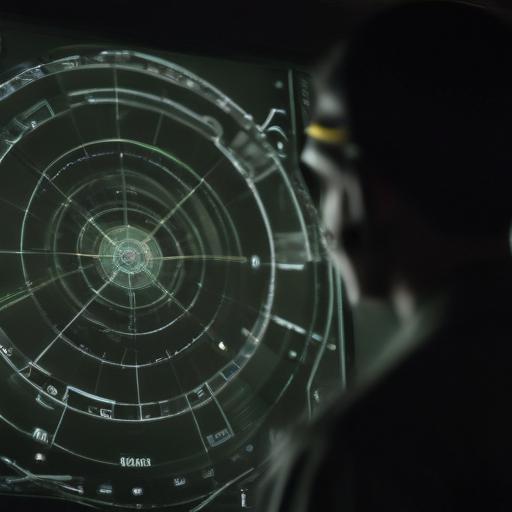The recent D.I.A. report has sparked intense debate regarding the implications of recent U.S. and Israeli military actions against Iran’s nuclear capabilities. Following airstrikes that targeted Iranian nuclear sites, former President Donald Trump claimed that these sites had been “totally obliterated.” However, this assertion has not been corroborated by any intelligence officials, raising questions about the actual impact of the attacks.
The situation has escalated further, as the conflict involved not only U.S. military forces but also significant actions from Israel, which targeted Iranian nuclear scientists and military officials, in addition to bombing key enrichment facilities. Intelligence agencies from the U.S., Israel, and Europe are now working diligently to assess the extent of damage inflicted on Iran’s nuclear program, focusing on what assets remain intact and how Iran may respond moving forward. While Trump expressed optimism that Iran would not pursue nuclear arms vigorously, intelligence assessments suggest that Iran may still possess the necessary materials and expertise to continue its program outside the attacked facilities.
Moreover, reports indicate that Iran has likely relocated much of its enriched uranium stockpile, suggesting that, if desired, the country could rapidly race towards developing a nuclear weapon. The tensions are compounded by legal actions, as Trump’s attorney has threatened to sue The New York Times over its article discussing the D.I.A. assessment and the implications of the military strikes.
This ongoing conflict illustrates the complex web of international relations and the enduring threat of nuclear proliferation. As nations navigate these tensions, the global community remains watchful, hoping for a diplomatic resolution that can prevent escalation and promote stability in the region.
